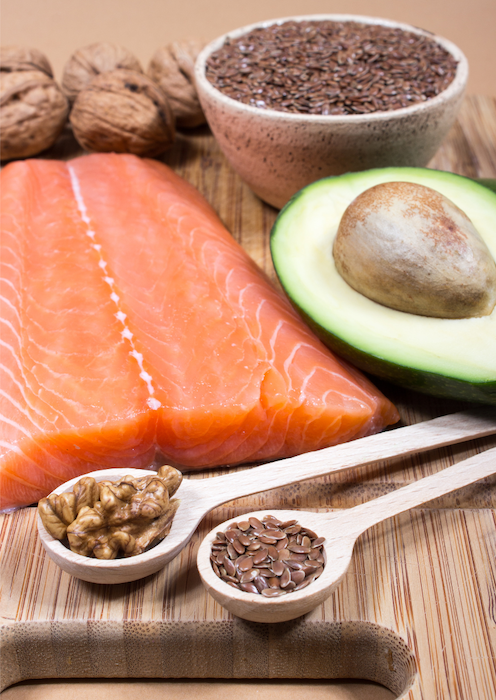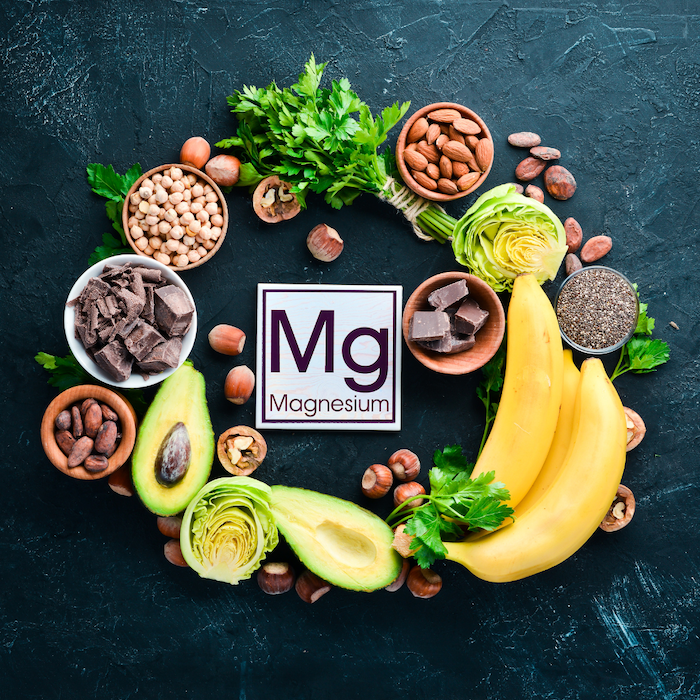Think about it. How can you function properly when your neck is in pain? It’s tough! That’s why it’s important to keep your neck healthy and strong. In today’s blog post, we’ll discuss the major things that are harming your neck and how to prevent them from causing pain.
The top things harming your neck
Your neck is one of the most important parts of your body. It supports your head and allows you to move it from side to side. But when your neck is sore, it can be difficult to do even the simplest things.
There are a few major things that can harm your neck. These include:
– Poor posture
– Sleeping in the wrong position
– Tension
– Injury
Let’s take a closer look at each of these.
Poor posture is one of the most common causes of neck pain. When you sit or stand, make sure to keep your shoulders back and down, and your head level. If you’re looking at a screen, be sure to position it so that you’re looking straight ahead, not up or down.
Sleeping in the wrong position can also lead to neck pain. The best way to sleep is on your back with a pillow under your head and another under your knees. This takes the pressure off your spine and keeps your neck in alignment.
If you have neck pain, there are a few stretches you can do to help relieve it. Try these:
– Gently tilt your head from side to side.
– Slowly roll your shoulders back and forth.
– Place your hand on your forehead and gently push your head forward.
Tension is another common cause of neck pain. To reduce tension in your neck, try these tips:
– Practice relaxation techniques such as deep breathing or meditation.
– Take breaks throughout the day to stretch and move your body.
– Avoid wearing tight clothing around your neck.
– Massage your neck and shoulders periodically throughout the day.
If you have an injury, it’s important to seek medical attention right away. But there are also some things you can do at home to help reduce the pain.
– Apply ice for 20 minutes at a time several times a day.
– Seek out anti-inflammatories, including over-the-counter pain medication if necessary.
– Sleep with a pillow under your head and another under your knees.
– Check out our blog 8 Natural Ways To Relieve Pain
Practicing good posture and sleeping in the right position are two of the best ways to prevent neck pain. But if you do experience pain, there are a number of stretches and exercises you can do to relieve it. If the pain is severe or persists, be sure to see a doctor. With proper care, you can keep your neck healthy and strong.
On top of this, you can also ensure that your body is getting the right tools to support the muscles in your neck.
To help, check out…
The 5 most important nutrients for muscle health
There are a few nutrients that are essential for muscle health. These include:
Protein
Protein is an essential macronutrient that plays a variety of roles in the body, including supporting muscle health.
When you exercise, your muscles are broken down and need to be repaired. This process is known as muscle protein synthesis, and it requires amino acids from dietary protein. Eating protein after exercise can help to repair and rebuild muscle tissue, leading to increased strength and reduced soreness.
In addition, protein provides the building blocks for many enzymes and hormones that are involved in muscle growth and recovery. As a result, consuming sufficient protein is essential for anyone who wants to maintain healthy muscles.
There are a variety of ways to get enough protein, including eating meat, poultry, fish, eggs, dairy products, legumes, and nuts. So whether you’re a competitive athlete or simply looking to stay active and healthy, make sure to include plenty of protein in your diet.
Omega-3 fatty acids
Our bodies need a range of different nutrients to function properly, and omega 3 fatty acids are one of the most important.
Omega 3s are essential for supporting muscle health, as they help reduce inflammation and prevent cell damage. They also help increase blood flow to muscles, which can improve recovery times after exercise.
In addition, omega 3s can promote joint health by helping reduce inflammation and pain. As a result, omega 3s are an important part of any healthy diet, and can help to support muscle health.
Vitamin D
Vitamin D is essential for strong bones, but not many people realize that it also plays a crucial role in supporting muscle health.
Vitamin D helps the body absorb calcium, which is necessary for healthy bones. It also helps regulate the immune system and has been shown to reduce inflammation, allowing for calmer muscles. In addition, vitamin D supports the production of testosterone, a hormone that plays an important role in muscle growth.
Low levels of vitamin D have been linked to an increased risk of muscle weakness and falls. As we age, our bodies become less efficient at absorbing vitamin D from the sun, so it’s important to get enough from our diet or through supplementation.
For people who are looking to support their muscle health, vitamin D is an essential nutrient.
But did you know that you should NEVER take vitamin D on its own?
Calcium
Most people know that calcium is essential for strong bones. However, calcium also plays an important role in maintaining muscle health.
Calcium is a mineral that is stored in the muscles and used to help them contract. When calcium levels are low, muscles can become weaker and twitchy. This can lead to cramps and fatigue, making it difficult to stay active.
Supplementing with calcium can help to keep muscles healthy and prevent cramping. For best results, look for a supplement that also contains magnesium, as this mineral helps the body to absorb calcium more effectively. With a little extra calcium, you can keep your muscles healthy and avoid any unwanted aches and pains.
And, speaking of magnesium…
Magnesium
Magnesium is an essential mineral that plays a role in many bodily functions, including muscle health. 
Muscle contraction requires magnesium, and it helps to maintain normal nerve function. Magnesium also supports cardiovascular health by helping to regulate blood pressure.
A deficiency in magnesium can lead to muscle cramps, weakness, and difficulty breathing. In severe cases, it can cause irregular heartbeat and even seizures.
However, magnesium levels can be easily maintained through diet or supplements. Foods high in magnesium include dark leafy greens, nuts, seeds, and legumes. For people who are unable to get enough magnesium through diet alone – which is many of us – supplements are available.
When taken as directed, magnesium supplements can help to maintain muscle health and prevent deficiency symptoms.
Find out the BEST way to be taking magnesium by clicking here.
Taking care of your neck is important for overall health and well-being. Be sure to practice good posture, sleep in the right position, and stretch and exercise regularly. It’s also important to ensure you’re getting proper nutrition for the muscles in your neck (and entire body).
If you experience pain, there are a number of things you can do at home to relieve it. If the pain persists, be sure to see a doctor.
With proper care, you can keep your neck healthy and strong!
